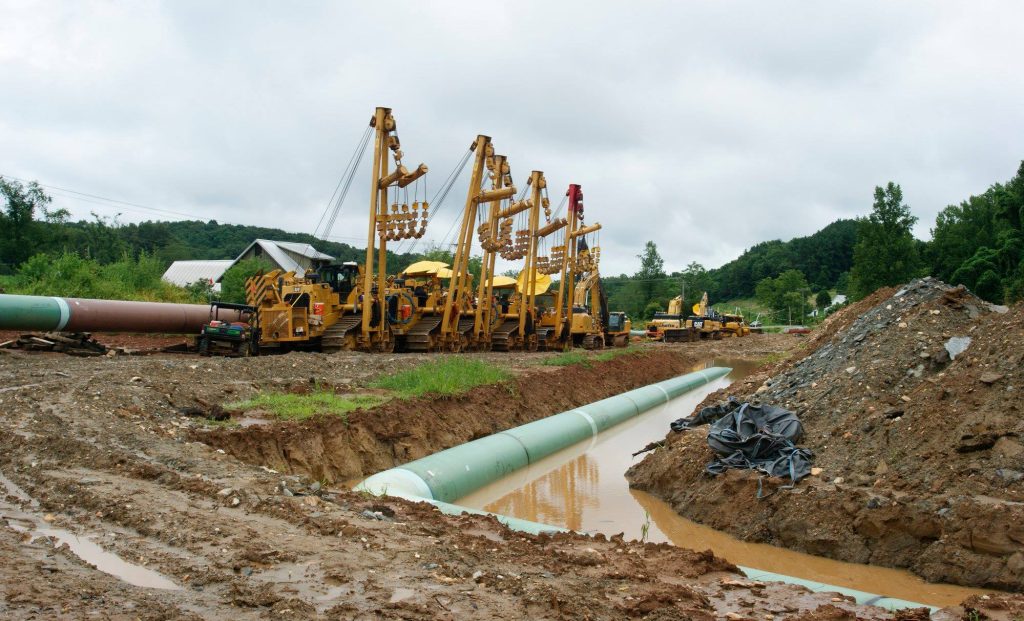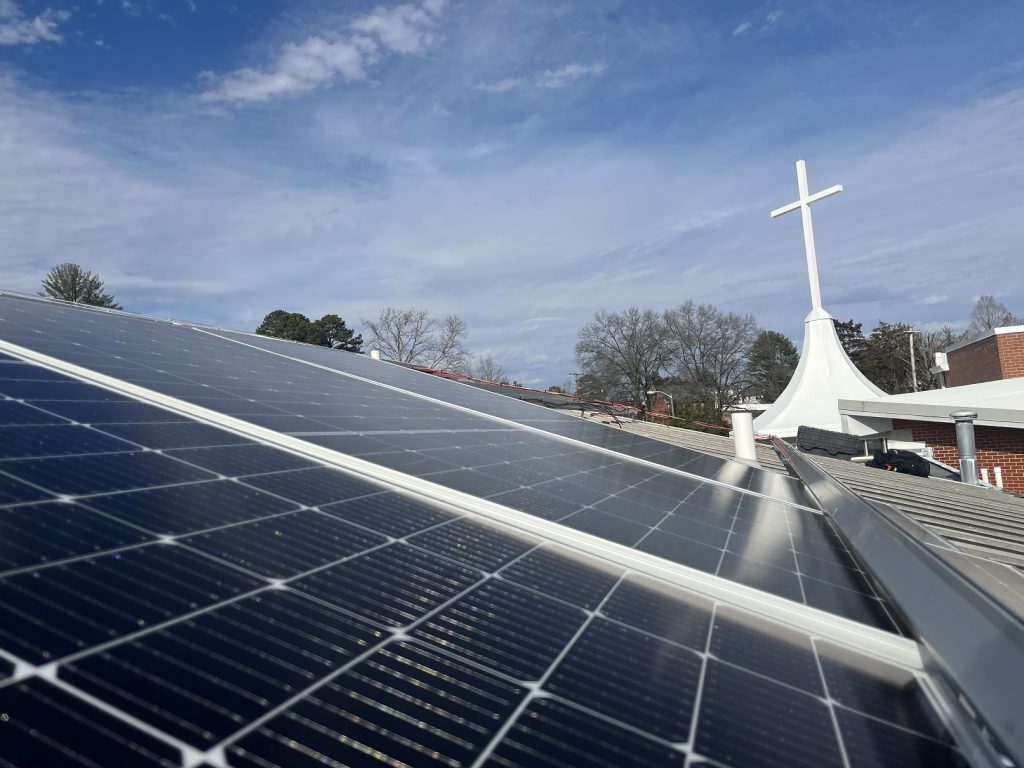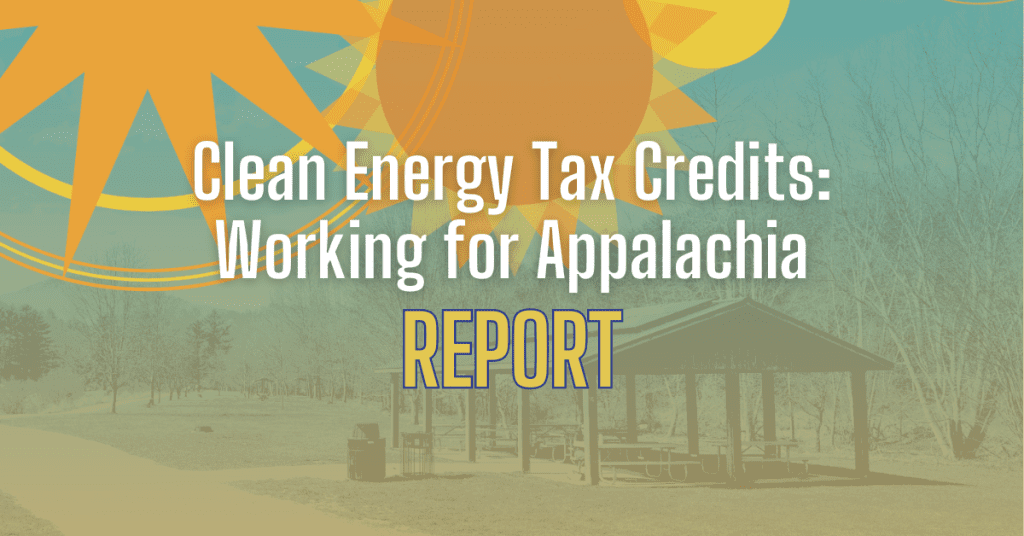Cleaning Up Coal Ash
For well over a century, power plants across the country have burned coal to generate electricity. And for just as long, leftover coal ash has been dumped in open, unlined pits near the power plant, usually located on a river or lake. Every year, U.S. power plants produce 130 million tons of coal ash, which is the second largest waste stream in the country after municipal garbage.
Coal ash concentrates the toxic heavy metals found in coal, including arsenic, mercury, lead and selenium. Stored in unlined, wet impoundments, coal ash has been leaking these toxics into our groundwater and surface waters for years. Sometimes these impoundments collapse — with disastrous results.
Yet government regulations for coal ash management are either non-existent or sparse, and there is little enforcement of the regulations that do exist. In North Carolina, this lack of oversight — and the complicity between state regulators, elected officials and Duke Energy — came to a boiling point in February 2014 when one of Duke’s coal ash impoundments spilled 39 million tons of ash into the Dan River.
Citizens living near North Carolina’s 33 coal ash impoundments — all of which have leaked — have fought for transparency from Duke and the state, and for cleanup of the pollution that threatens their property value, health and family. Their actions forced this issue into the headlines of news networks and to the forefront of environmental justice conversations in the United States.
Appalachian Voices stood with these communities as we worked for years to compel Duke Energy and the N.C. Department of Environmental Quality to excavate coal ash from all the North Carolina sites and dispose of it either in lined, dry landfills, away from waterways, or by recycling it for concrete or other uses, provided it’s done in a manner that protects public health and the environment.
On Jan. 2, 2020, North Carolina announced a historic settlement with one of the state’s most powerful corporations and polluters, Duke Energy. The settlement requires Duke to move nearly 80 million tons of toxic coal ash at six of its power plants to properly lined landfills onsite or recycle it.

Learn information about specific coal ash impoundments in the South, including health threats and safety ratings:
Additional Resources
Fact sheets, videos, links to academic research, and more
Sign Up to Act
Help us protect the health of our communities and waterways.
Latest News
2026 White House budget would hurt Appalachians’ health and pocketbooks
President Donald Trump’s Fiscal Year 2026 budget proposal.
It proposes to eliminate or drastically cut back services for many programs that Appalachians use to make ends meet, create jobs and invest in our communities.
Diminishing environmental reviews would endanger public health, safety and the environment
Yesterday, the Department of Interior announced plans to weaken environmental reviews to under a month for a wide range of energy projects, including coal, oil and gas production, transmission and more, by setting unachievable and arbitrary deadlines for completion.
SCC considers whether to accept Dominion’s long-term plan
On behalf of its client, Appalachian Voices, the Southern Environmental Law Center presented the testimony of three experts, ultimately recommending that the commission reject Dominion’s plan.
Clean energy tax credits: Why are they important for Appalachia?
On the surface, federal tax credits may seem overly complicated or unrelatable. However, understanding the intricacies of tax law isn’t necessary to witness the positive impact these incentives are making in the country.
MVP developer submits Joint Permit Application for Southgate pipeline
The Virginia Marine Resources Commission posted Mountain Valley Pipeline, LLC’s Joint Permit Application for its proposed methane gas pipeline “Southgate.”
Appalachian Voices releases new report on how new clean energy tax credits have benefited Appalachia
Appalachian Voices released its latest report, “Clean Energy Tax Credits: Working for Appalachia.” As part of the release, staff co-hosted a virtual press conference with beneficiaries of tax credits covered in the report, including faith and nonprofit leaders.











